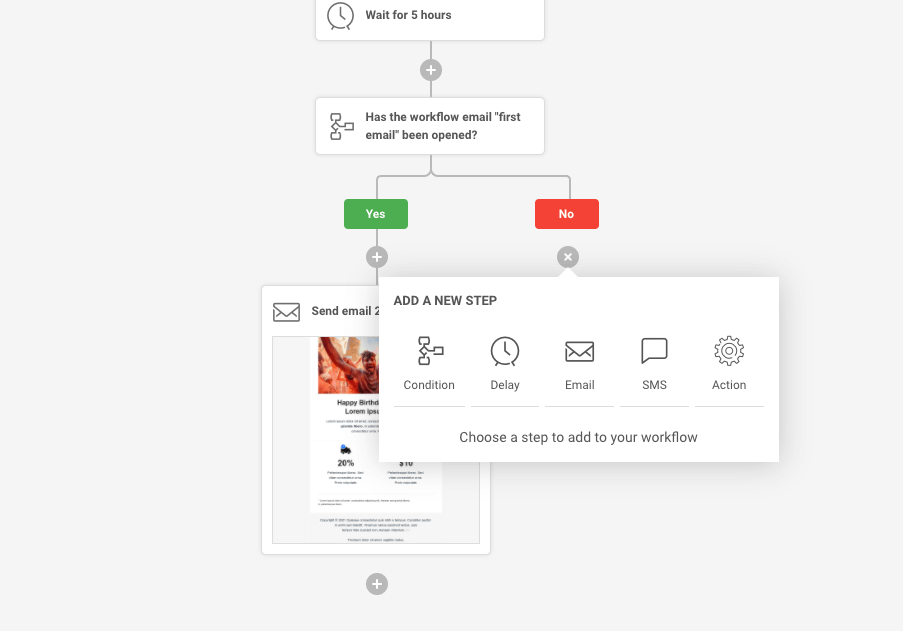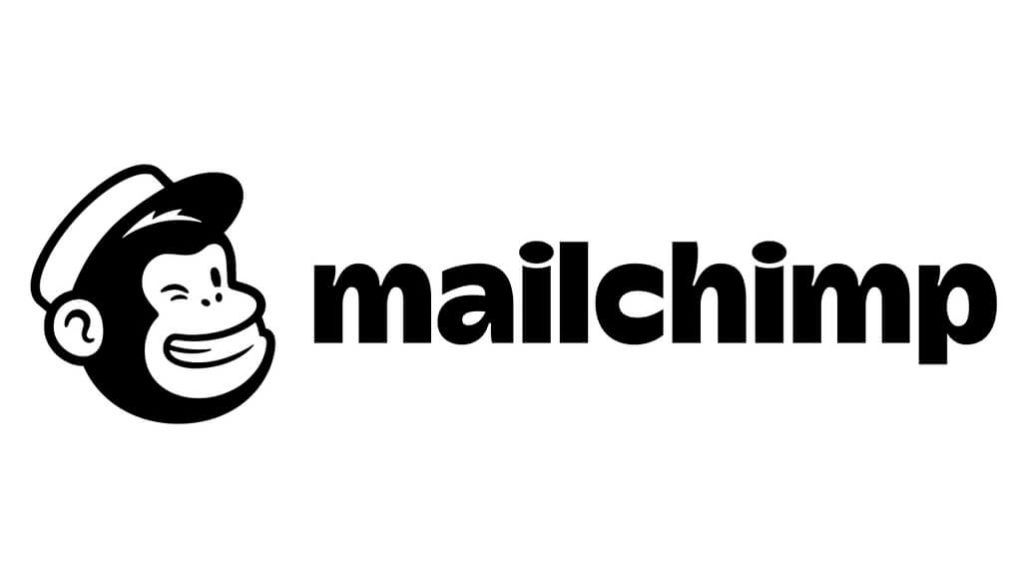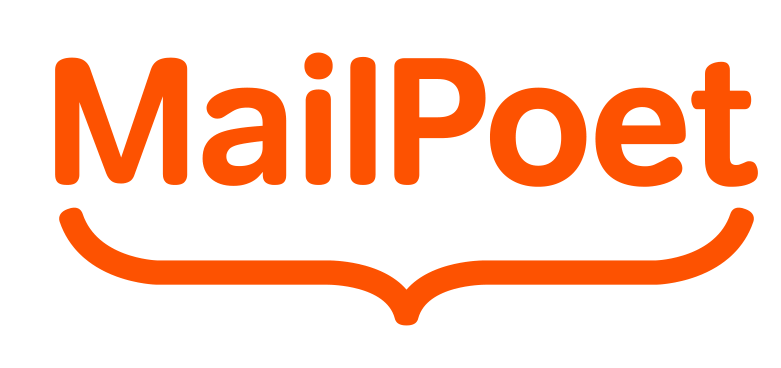Email marketing and ecommerce go hand-in-hand. For the industry, the channel is a great way to raise conversion rates and improve overall ROI. So, getting email marketing software is an obvious choice for ecommerce.
However, picking out of the dozens of ecommerce email marketing automation providers has become complicated. There’re so many features and different value propositions that it’s too easy to get stuck in analysis paralysis.
So, we decided to list the best ecommerce email marketing software currently available. We’ll outline all the primary benefits, from advanced ecommerce features to foundational aspects such as pricing models, to help you make the decision easier.
Best Email Marketing Platform for Ecommerce — Comparison Overview
One caveat before we begin listing all the entries is that it’s nearly impossible to make one-to-one comparisons between providers. The best email marketing for ecommerce solution space is so wide and varied that it’s best viewed as something that either fits your business or not. It would be exceedingly difficult to promote something as the “objectively right” solution.
Sender — Best Ecommerce Email Marketing Software with Advanced Automation
Sender is a widely used email and SMS marketing software provider with an enormous feature set and great prices. In almost all cases, it will be the best email marketing for an ecommerce solution that will have a significant impact on revenue.
- SMS marketing campaigns;
- Easy omnichannel campaign scheduling and automation;
- Shopify and Woocommerce integrations.

One of the main selling points for Sender is all the automation and easy scheduling available for both emails and SMS. Users can simplify their ecommerce email strategy by setting up workflows triggered by specific events. All of these features are further upgraded through premade automation email sequences such as for abandoned carts, welcome emails, and others.
Additionally, emails can be heavily optimized through the use of customer segmentation, email personalization, and in-depth data analytics. In your dashboard, you’ll be able to view all of the basic and advanced statistics, such as open rates, click rates, subscribers’ activity, and more.
Finally, Sender has native integrations for popular ecommerce platforms and solutions. All the functionalities can be added to Shopify and Woocommerce, two extremely popular solutions.
In the end, Sender is an all-inclusive package that will work perfectly for almost all ecommerce businesses. With a free version available and low starting costs, it will fit nearly any budget and scale to nearly any size with an impressive feature set to boot.

Sender Features
Sender provides its customers immense value while making the service intuitive and accessible to everyone. They provide various basic and advanced features such as:
- Large free email template library;
- Contact segmentation and email personalization;
- Premade email automation sequences.
Sender Pricing
- Free plan for up to 2500 subscribers with almost all features unlocked.
- Paid plans start from $8 per month.
Mailchimp — Best Email Marketing Plugin for Ecommerce for Magento
Mailchimp is one of the most well-known automated ecommerce email marketing software providers. The company is one of the oldest email marketing providers, which comes with both benefits and drawbacks.
- Magento integration;
- Recommendations based on data;
- Mobile app.

Being one of the industry veterans, Mailchimp is certainly trustworthy and reliable. They have a large feature set, a strong service, and a sturdy infrastructure. Additionally, they have lots of automation features, many templates for automated ecommerce email marketing, and some editing capabilities.
Additionally, they have also expanded into SMS marketing, which is always a nice bonus for those looking to optimize ecommerce. SMS campaigns have a greater degree of immediacy, making them perfect for issuing discount alerts and stock updates.
Finally, they integrate well with most existing businesses. Capturing emails is quite easy through the email signup forms, and the landing page builder Mailchimp provides is fairly intuitive. For those who like scheduling, they provide an email content planner, making it easy to visualize the entire marketing strategy.
On the other hand, a common critique of Mailchimp is that its interface is a bit clunky and slow. Additionally, their pricing plans are usually a bit higher than the competitors, which is likely due to them being such a household name in the marketing industry.
In the end, Mailchimp is great for those who use Magento as it seamlessly integrates with it. Additionally, it’s a decent choice for those that want to avoid experimenting with newer businesses and go for the tried-and-true service.
Mailchimp key features
Mailchimp brings with it some of the classic email marketing features that work for everyone. With them, you’ll get most of the necessary features, such as:
- HTML-based email builder;
- Simple email capture with signup forms;
- Subscription management;
- Email content planner.
Pricing
- Free plan with up to 2500 monthly sends.
- Paid plans start at $11 per month (5000 monthly sends).
Sendinblue — Best Email Marketing Tool for Prestashop Ecommerce
Sendinblue is an email marketing automation platform intended for businesses of all sizes. It’s best used for those using Prestashop for their ecommerce needs, as Sendinblue has native integration through a plugin.
- Free SMTP server;
- Social media marketing features;
- Prestashop integration.

In fact, integrating Sendinblue is as simple as going through a 4-step process for Prestashop users. For all others, the process is slightly more complicated, but still nothing completely out there.
For a general platform, Sendinblue provides lots of essential features such as an email design template library, automation and integration with numerous CRMs, and a powerful drag-and-drop editor. Additionally, numerous sequences are pre-made for ecommerce, starting from new arrivals to essentials like order confirmations.
While it works best with Prestashop, integrations are numerous, as the platform can be combined with Magento, Ninja, Woocommerce, and many others. Those who enjoy cross-software automation will be able to use Sendinblue with Zapier.
There are some potential drawbacks, however. For example, unlike many of their competitors, Sendinblue charges for emails per month instead of subscriber counts. Ecommerce websites aiming to increase the number of sales will be sending numerous emails per subscriber, which will quickly run up costs.
Additionally, instead of having a single product with several pricing plans, Sendinblue separates its features across four solutions. Admittedly, some of them are free, but the separation adds unnecessary complexity even in that case.
In the end, Sendinblue does offer all of the essential and advanced features. It will work perfectly well for Prestashop users, however, with the caveat that one does not send too many emails per subscriber. Once you start scaling emailing campaigns, other pricing models might serve you better.
Sendinblue key features
Sendinblue intends to be a marketing domain for businesses, including various email and social media marketing features. The former is highly advanced, providing benefits such as:
- Ecommerce email design template library;
- Marketing automation with CRM integration;
- Powerful drag-and-drop email template builder;
- Pre-made new arrival, out-of-stock, order confirmation after purchase, and other email sequences.
Pricing
- Free version available.
- Paid plans start from $25 per month.
Mailpoet — Best Ecommerce Email Marketing Service for Woocommerce
Mailpoet is a lesser-known email automation platform that is intended for WordPress websites and Woocommerce users. It doesn’t do much outside of the platform as it works as a plugin, so the intended audience is fairly niche in comparison.
- Seamless Woocommerce integration;
- WordPress plugin;
- Easy Mailchimp contact import.

They do serve their users well, though. All the features are available from within WordPress, allowing users to never leave the dashboard. It’s perfect for smaller teams or entrepreneurs that don’t want to juggle multiple pieces of software and integrate them into a single tech stack.
Overall, Mailpoet brings in many of the benefits of their competitors as they have a decent drag-and-drop email editor with over 50 templates to boot. They can be easily changed to create a personalized ecommerce email for nearly any industry.
Additionally, they provide numerous default workflows that make it easier for smaller teams to build up a strong emailing foundation. Order confirmation, follow-ups, subscription reminders, and more are all available through Mailpoet.
They also include easy-to-use capture forms for email newsletters and other emails. All of the features included with Mailpoet are GDPR compliant, so users worldwide can be sure that using the plugin won’t get them on the wrong side of the law.
In the end, Mailpoet is good for WordPress and Woocommerce users and not much else. But for that audience, it works extremely well at a low cost.
Mailpoet key features
Mailpoet is uniquely simple email newsletter software for an ecommerce platform. While it’s only for WordPress, the features you get are no less impressive than with regular providers:
- Great drip campaign management
- Upselling and cross-selling workflows
- Order confirmation and thank you email workflows
- Subscription reminder emails, follow-ups, and other workflows
Pricing
- Free version available.
- Paid plans start from $5.40 per month or $4.20 for those who want to use their own server.
Klavyio — Great Email Marketing App for Shopify
Klavyio is an SMS and email marketing software for ecommerce providers focusing on scheduling and automation. Their target audience is various ecommerce businesses, mostly those which run on Shopify.
- Unusual pricing model;
- Great Shopify integration;
- SMS campaigns.

You get everything you need from an email marketing platform provider with them. There’s lots of focus on ecommerce automation, from customizable workflows to pre-built template libraries, albeit the latter isn’t as extensive as with some other providers.
Additionally, you can easily combine both SMS and email into a single system to drive more sales. All of the messages (including email letters) can be heavily customized, depending on the data you have in the database.
Klavyio also integrates with over 200 applications, all of which can easily combine data to be pulled into the platform, making creating personalized ecommerce emails even easier. In addition, they’re extremely easy to integrate with Shopify, as Klavyio is accessible on the app marketplace. There are also plenty of ways to segment your audiences and work with the data received from other platforms.
Unfortunately, it should be noted that Klavyio’s pricing model is one of the worst options for users. They track both emails sent and the total number of subscribers, which means that exceeding either necessitates an upgrade.
Klavyio is perfect for Shopify users willing to spend a bit more on their email and SMS marketing solutions. They have numerous great features that come at a slightly higher cost when compared to other providers.
Klaviyo key features
Klaviyo doesn’t hold back when it comes to email marketing. They have all the basic and advanced features offered by most other competitors, such as:
- Drag-and-drop landing page builder;
- Trigger-based email automation;
- Newsletter scheduling;
- Transactional emails.
Pricing
- Free version available.
- Paid plans start out from $20 per month.
ActiveCampaign — Best Email Marketing Platform for Salesforce Commerce Cloud
ActiveCampaign is another platform that’s tailored towards ecommerce email automation. They have numerous integrations with some of the most popular platforms, such as Shopify, Salesforce Commerce Cloud, and WooCommerce.
- CRM (Salesforce) integration;
- Online behavior tracking methods;
- Automated data transfers across the tech stack.

They have a lot of great pre-defined ecommerce workflows such as post-purchase, shipping confirmation, referral, and many others. Additionally, all of the emails can be easily edited to include products from your ecommerce store and various recommendations.
While they do have a drag-and-drop email builder, it’s not as powerful as some of the other providers, so you might also have to make use of the plain text and HTML options. These work, as usual, just fine if you have the skills to use them.
However, all of ActiveCampaign’s automation really shines in combination with Salesforce Commerce Cloud. Data from it (and some other CRMs) can be automatically added to the ActiveCampaign system to create better-personalized ecommerce emails. The integration allows for automated workflow setups that combine with both Salesforce and ActiveCampaign triggers.
Additionally, the data reporting functions in ActiveCampaign are fairly powerful, which combines well with any CRM integration. Campaigns can be monitored through performance reports that let you tailor emailing for even greater results.
Finally, ActiveCampaign is relatively cheap and uses the best pricing model for consumers – subscription counts. As an added bonus, they have a lot of customization for subscription management, which includes plenty of automation as well, making them quite flexible in that regard.
In the end, ActiveCampaign is great for Salesforce users due to the inherent benefits provided through the integration. For all other CRMs, it’s still a great email marketing solution, just not as powerful as for Salesforce users.
ActiveCampaign key features
ActiveCampaign provides all the necessary features for beginners and advanced email marketers. With them, you can get things like:
- Plain text and HTML email builder options;
- Subscriber management;
- Live email campaign reports;
- Post-purchase, shipping confirmation, referral, and other email workflows.
ActiveCampaign pricing
- Demo version is available.
- Paid plans start at $9 per month.
Also read: 7 Best ActiveCampaign Alternatives (Incl. Free Competitors)
SendX — Your Ultimate E-commerce Email Marketing Tool
SendX is an email marketing solution that ensures excellent email delivery rates even if you have a substantially large email volume. Its user-friendly email editor, tagging, and segmentation capabilities enable you to design focused campaigns that effectively connect with your target audience.
- Tagging, & segmentation capabilities
- Heatmaps and dashboards for reporting
- ‘Send time’ optimization capabilities

SendX is a unique email marketing tool that sets itself apart from other platforms by not imposing limitations on industries that are typically prohibited. While it discourages black hat practices, SendX is specifically designed for responsible email marketers who prioritize building trust with their audience.
SendX Features
- Easy-to-use email editor;
- List import using CSV files;
- Automation and drip campaigns;
- Reliable email, chat, and phone support;
- Customizable, mobile-friendly email templates;
- Half-a-million free images;
- Integration with popular apps without hassle.
SendX Pricing
SendX offers pricing plans starting at $7.49/month for up to 1,000 subscribers, with additional features and higher subscriber limits available on higher-tier plans. You can get a 14-day free trial before you commit to the full price.
What is Email Marketing Software for Ecommerce?
Email marketing software, in general, is an all-in-one system that lets users easily handle large-scale campaigns through a platform that combines features such as automation, data analytics, subscriber management, and many others. Usually, these providers also manage servers that raise the likelihood of having email delivered to the regular inbox.
When tilted towards ecommerce, email marketing software usually includes various integrations into existing platforms such as BigCommerce, Shopify, Woocommerce, and many others. Additionally, the provider might include popular workflows (e.g., abandoned cart emails, low stock alerts, etc.) by default.
Additionally, most such software allows users to capture emails from website visitors. Generally, they can generate small pop-up forms that invite customers to register for a newsletter, which requires them to leave an email. Over time, it makes it easy to generate a large subscriber pool, which can be used for marketing purposes.
Finally, such software will usually be able to pull data from the ecommerce website to enhance emails or data analytics. Some providers will allow users to add recommendations, for example, from ecommerce websites. Others will let users add products from the catalog to the email in a single click.
Why Do Businesses Use Email Marketing Solutions for Ecommerce?
Ecommerce greatly benefits from email (and SMS) communication with customers. One of the primary drivers of sales and conversion rates, for example, is discounts. However, these must be communicated to the consumer, making newsletters and emails a great choice.
Additionally, emails can be used as a reminder and alert system whenever buyers abandon carts or leave websites for other reasons. The former has been shown to recover up to 14% of sales, making them an absolute necessity for any ecommerce business.
Finally, tracking huge volumes of emails on regular providers would be a huge chore as the interface simply isn’t built for such usage. Numerous email chains would get lost, and it would be hard to monitor the exact volume of emails sent and whether everything actually got delivered.
So, there are plenty of good reasons to use email marketing for ecommerce solutions, as proper usage can generate tons of revenue and reduce the manual work burden on the team. With some additional work, insights from data can be generated to further improve campaigns and, in turn, revenue generation.
Also read:
